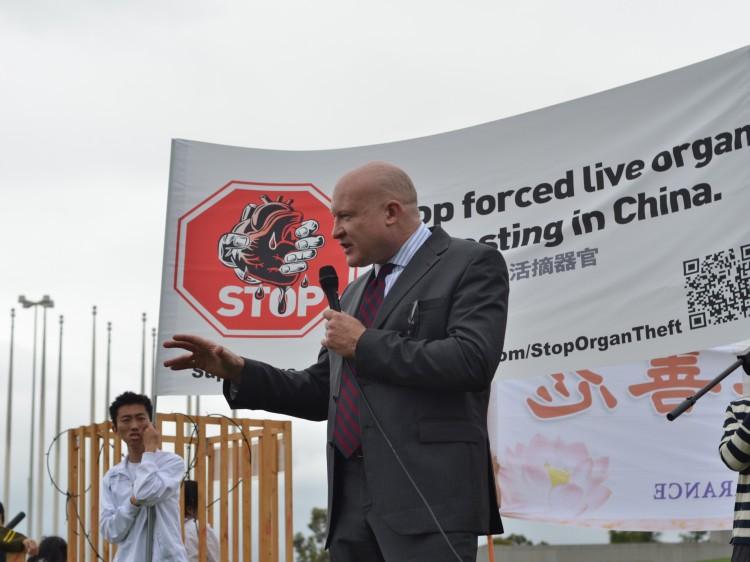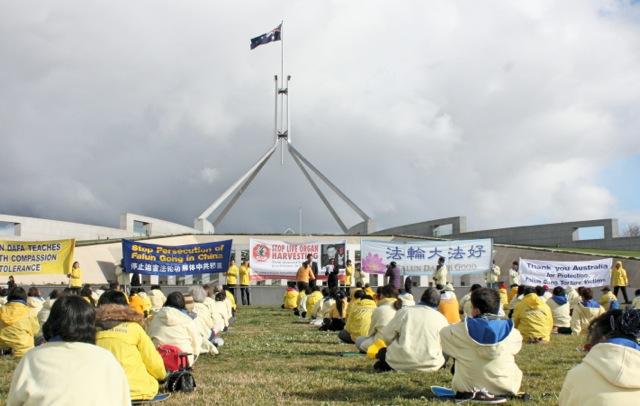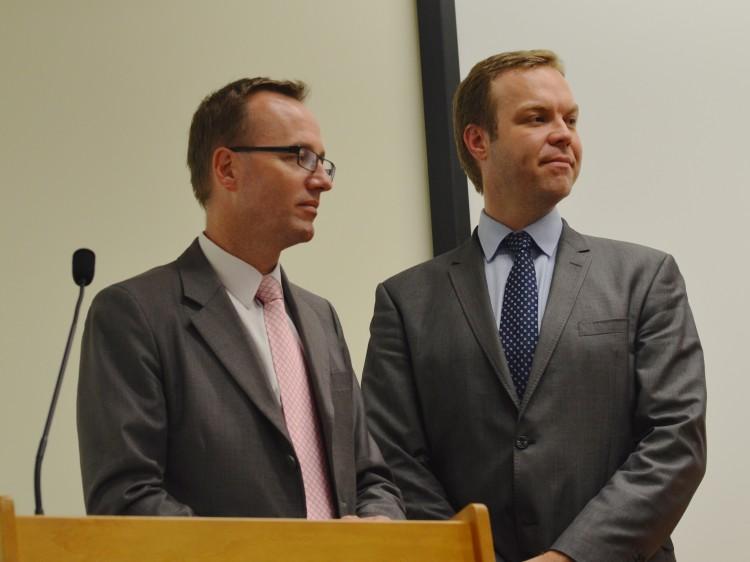Australia Should Help Stop Transplant Tourism, Organ Theft
Australians travelling to China for quick transplant surgeries are likely to receive organs from executed prisoners and it is up to the Government to be more proactive in addressing the risks.

Maria Fiatarone Singh is a Sydney University professor of Medicine and contributor to the new book State Organs: Transplant Abuse in China. Dr Fiatarone Singh spoke at Federal Parliament on Nov 28, urging officials to help stop Australian from receiving illegal organ transplants in countries like China. Sonya Bryskine/The Epoch Times
|Updated:




